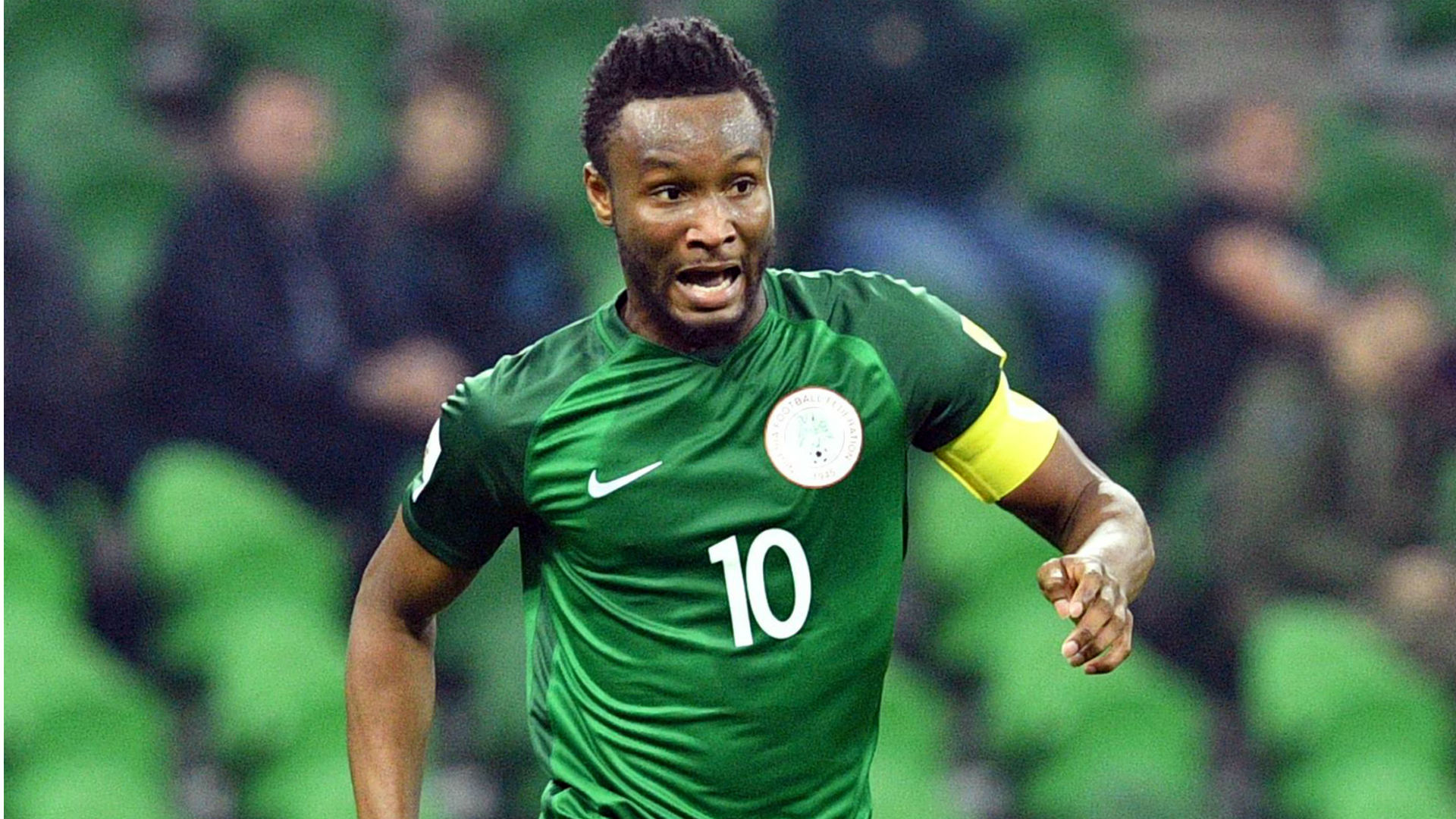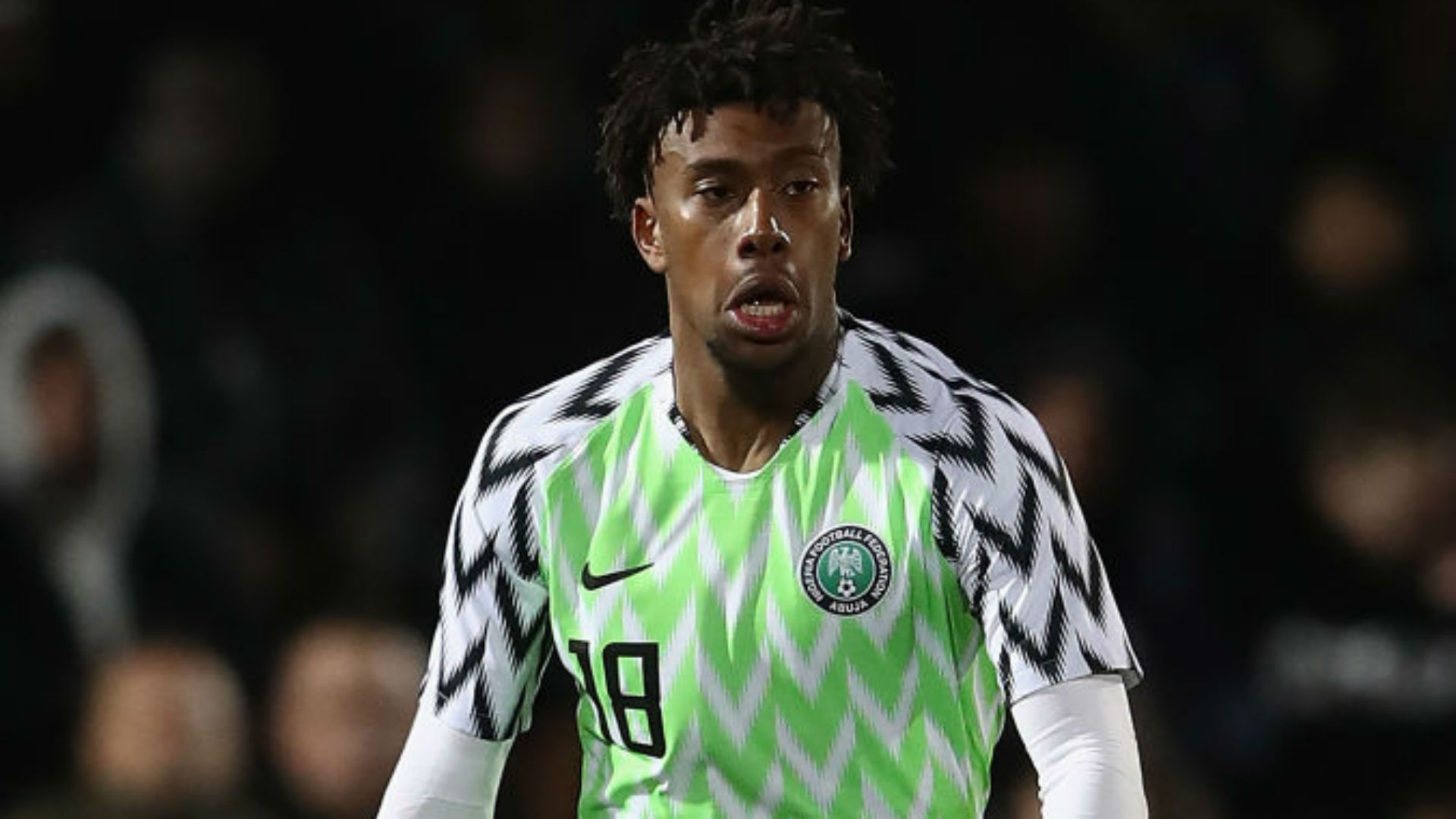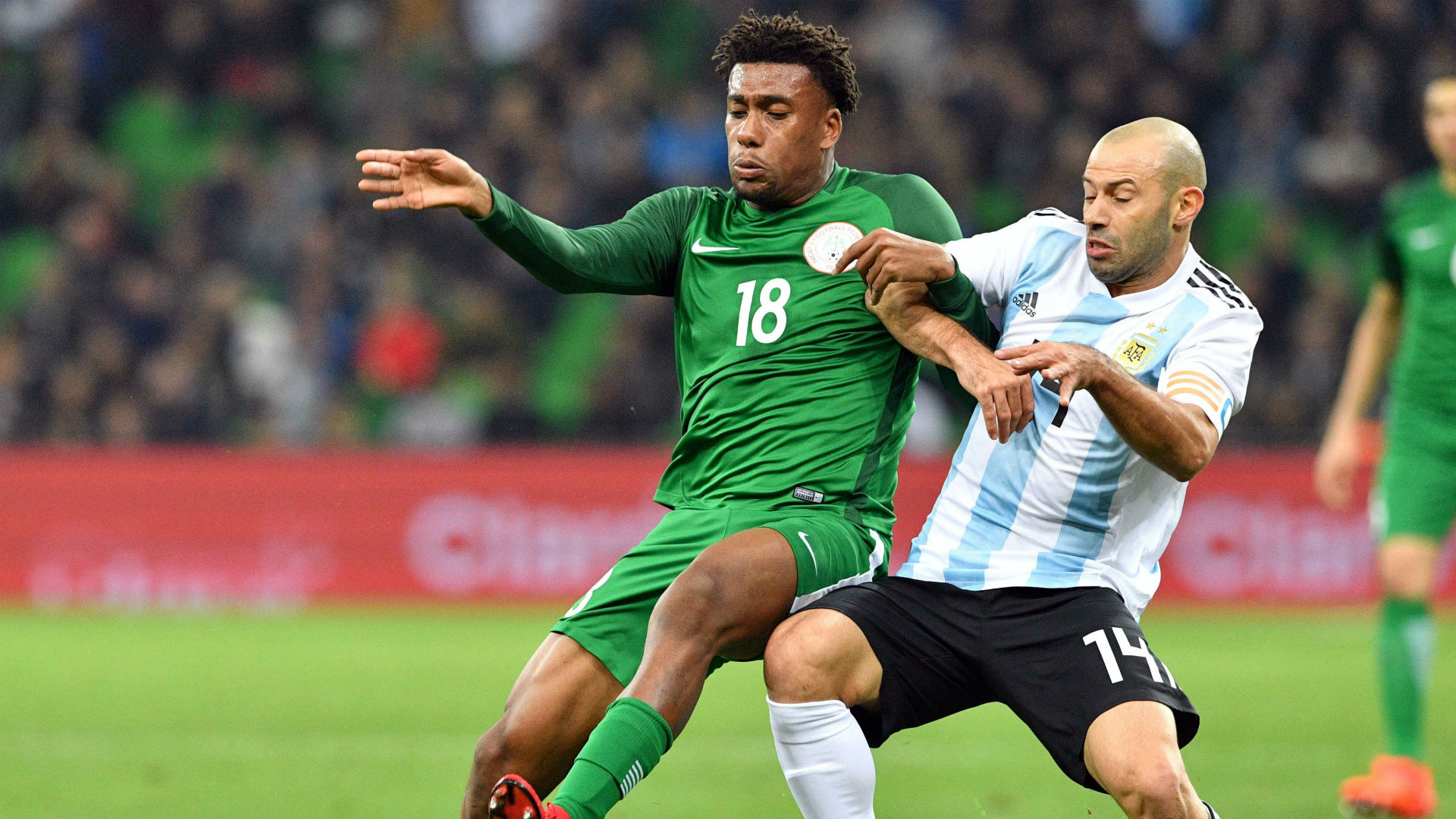The Arsenal man delivered a mature performance through the middle against Southampton, proving to Gernot Rohr he is capable of filling Mikel’s boots
When the realization hit, ahead of Nigeria’s two friendlies against Poland and Serbia last month, that leader, playmaker and talisman John Obi Mikel would be absent, a challenge immediately presented itself to Gernot Rohr.
It is no coincidence that, since the German took over the reins of the national team, he has recorded a win in only one of the four games for which his captain has been absent. The pattern of all four games is easily recognizable: disjointed attacking play; a lack of tempo, rhythm or indeed, direction.
The remit, then, was clear enough: Rohr’s biggest challenge, heading into the World Cup, was to divine a way to play without Mikel. However, if what was presented in Wroclaw and Barnet was an indication of the breadth of his aptitude, then there is much to worry about in the summer.

It was not so much the predictable dysfunction, but that, right in his selection, there were present the very tools to solve the problem definitively. It brought to the fore a profound paradox, one which centres on Arsenal midfielder Alex Iwobi.
That paradox is this: for a player whose national team displays seem to dwarf his club performances, the 21-year-old appears to have more trust from Arsene Wenger than he does from Rohr.
With the Gunners’ energies and best resources now focused on a Europa League run, Wenger had no qualms handing Iwobi the creative reins at the weekend.
Alex Iwobi | 2017-18 Premier League stats
It was a faith that was roundly repaid, as he ran the game: laying on two assists and involved in a characteristic Arsenal move for the first goal; pivotal, stealthy in his movements and taking up splendid positions to transition the ball into the final third.
It was no fluke either, simply the harnessing of the full width of a well-known skill set – quick feet in tight spaces, and the ability to think quickly, all the while using the ball economically.
This leads then to the inevitable question: why was Iwobi wasted on the flank in both friendlies last month?

Instead, Rohr changed the system altogether, first playing a flat 4-4-2 with Kelechi Iheanacho upfront alongside Odion Ighalo, and then a 4-3-3 with Wilfred Ndidi shuttling forward.
Iwobi would often have to receive the ball wide with his back to goal, and while his strength and calmness under pressure meant he often did well laying it off, it seemed a waste to rip up the team’s entire shape when a simple plug-and-play would have sufficed.
It is not simply that, having been at Arsenal from the age of eight, Iwobi naturally has more credit with Wenger. There is that element of course, a legacy of the Frenchman’s well-known, almost indulgent, faith in young players.
However, when Rohr did trust Iwobi centrally, it led to a rather interesting result.
One has only to cast the mind back to that storming comeback against Argentina last November. Played as a nominal striker, Iwobi produced his best performance for the Super Eagles, scoring two brilliantly taken goals, both finishes in tight areas inside the penalty box.

That, then, is all the evidence needed of his ability to function at a high level centrally.
With Arsenal going all in in the Europa League, there will certainly be many more opportunities for him to shine.
While, for some coaches, the concern in a World Cup year is for their star players to not suffer burnout at the Mundial, for others it is rather the opposite—this significantly alleviates the concern around Iwobi turning up rusty or undercooked.
Rohr may have missed a trick in March, but if he can find it in his inherently cautious nature to trust Iwobi at the heart of the team, it would go some way toward weaning the Super Eagles of its Mikel-dependency.



